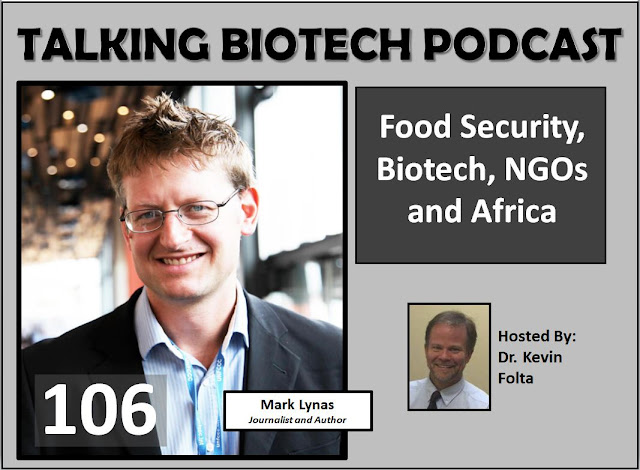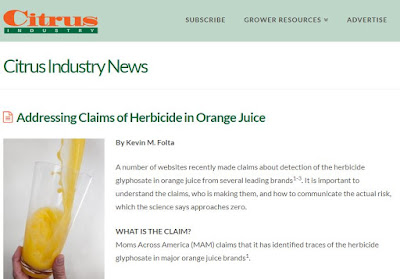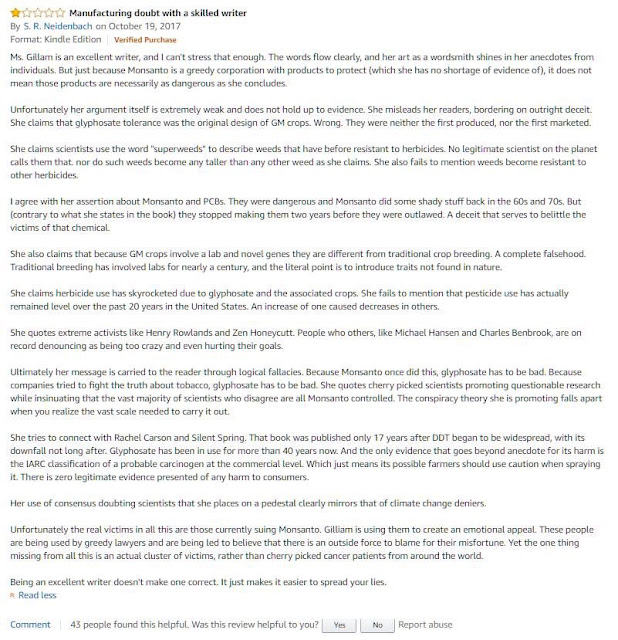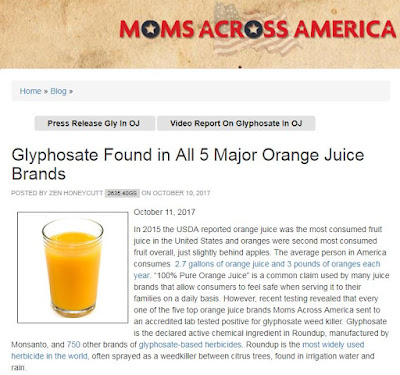TB106- Food Security, Africa, Biotech and NGOs.

In this week's podcast we speak with science journalist and author Mark Lynas. Mark has been a central figure in the discussion of biotechnology, particularly in regard to its role in ensuring food security in the Developing World. In the 1990’s and early 2000’s you could find Mark destroying test plots of genetically engineered crops. Later he would reconsider his view, and support the technology, especially as it can be applied to help issues of food security. Mark discusses the situation on the ground in Africa, the various threats to production, the innovations that can address them, and the resistance toward adoption of new technology. Follow Mark Lynas at @mark_lynas





